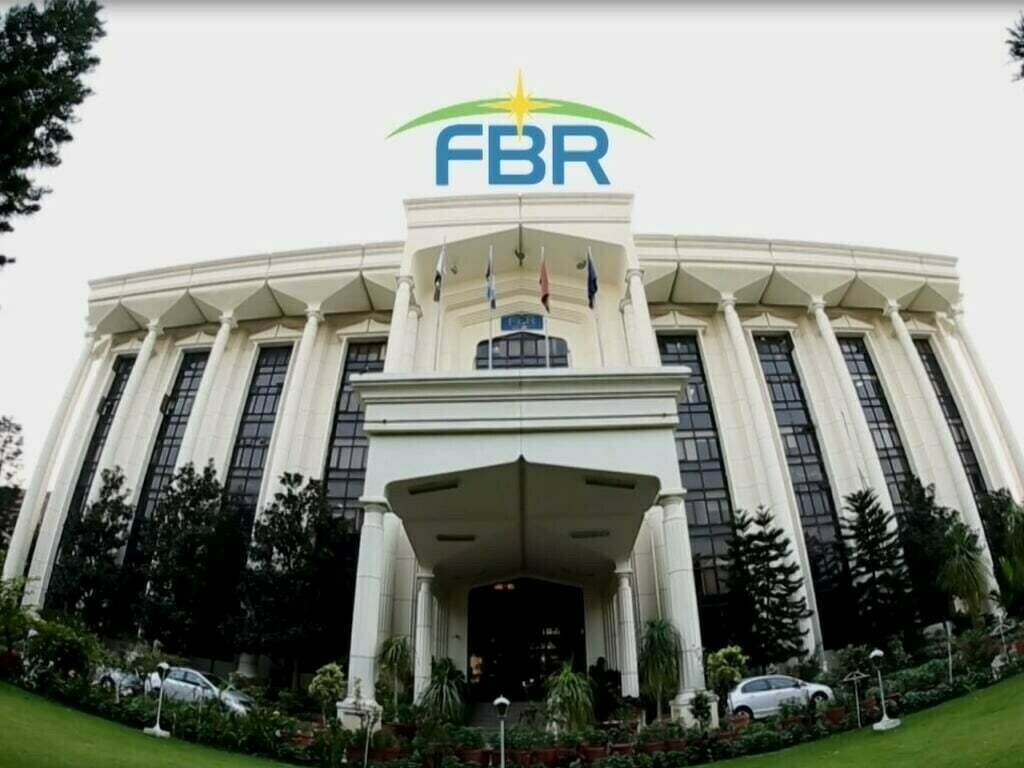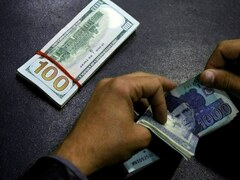IT, ITeS exports: FBR examines proposal seeking continuation of FTR
ISLAMABAD: The Federal Board of Revenue (FBR) is reviewing a budget proposal of Pakistan Software Houses Association (P@SHA) for continuation of Final Tax Regime (FTR) for IT and ITeS exports.
Sajjad Mustafa Syed, Chairman of the Pakistan Software Houses Association (P@SHA), has said that based on a broad-based, ongoing consultative process with the IT companies and exporters, P@SHA proposed continuation of the Final Tax Regime (FTR) for IT and IT-enabled services (ITeS) – which is otherwise set to expire on June 30, 2026.
P@SHA has submitted its detailed budgetary proposals for the Federal Budget 2025-26 and other critical policy recommendations to the relevant ministries and the institutions working under them with FDI, IT industry development, export growth and employment generation as the key objectives.
The FTR allows for a reduced withholding tax rate of 0.25 percent on export proceeds for the entities registered with the Pakistan Software Export Board (PSEB) until the specified date. Therefore, the continuation of FTR is imperative for sustaining the momentum of export growth and investments in the IT industry, he added.
P@SHA Chief elaborated that the Final Tax Regime (FTR) for IT and ITeS exports should be restored for the next 10 years; i.e., 2025 – 2035, to ensure predictability, continuity and investor confidence as the IT industry is currently attracting major investments, witnessing operational expansions and achieving regional diversification in the export markets.
Sajjad Mustafa Syed stressed that continuation of FTR will simplify tax structures for IT firms and encourage reinvestment by allowing exporters to retain more revenue for business expansion and technological innovation. Additionally, providing tax incentives and ensuring their policy-level consistency is imperative to create a favourable business environment for the IT/ ITeS industry.
Chairman P@SHA explained that reinstating FTR for IT and ITeS exports aligns Pakistan with regional competitors offering long-term tax incentives to attract FDI into their countries. The IT sector requires stability and consistency to maintain global competiveness, increase exports and create employment.
A 10-year tax exemption will accelerate digital transformation, boost investor confidence and position Pakistan as a leading IT hub – in line with objectives of the Special Investment Facilitation Council (SIFC) and Prime Minister’s vision of exponential export growth in the IT industry.
Syed maintained that disparities in taxation between salaried employees (who pay between 5 – 35 percent income tax) and remote workers (who pay only 0.25 percent – 1 percent) lead to talent migration, brain drain and the resultant challenges for local companies in retaining skilled IT & tech professionals. The country needs to grossly reduce income tax rates on salaried individuals in IT companies to unlock industry’s full potential, he added.
One of P@SHA’s key recommendations pertains to encouraging and enabling foreign exchange repatriation as under the current Income Tax Ordinance (ITO), 2001, payments made to non-residents for services rendered in Pakistan are subject to unfair withholding tax (WHT).
Such applicable withholding tax rates vary depending on the nature of the payment and the existence of Double Taxation Agreements (DTAs) between Pakistan and the recipient’s country. For instance, royalties and fees for technical services paid to non-residents without a permanent establishment in Pakistan are subject to a 15 percent withholding tax.
Therefore, it is proposed that payments made from Exporters’ Special Foreign Currency Accounts (ESFCA) for services rendered should be exempted from WHT. This exemption would apply to all categories of IT services provided; and, would also encourage the inward repatriation of funds into Pakistan.
Copyright Business Recorder, 2025























Comments